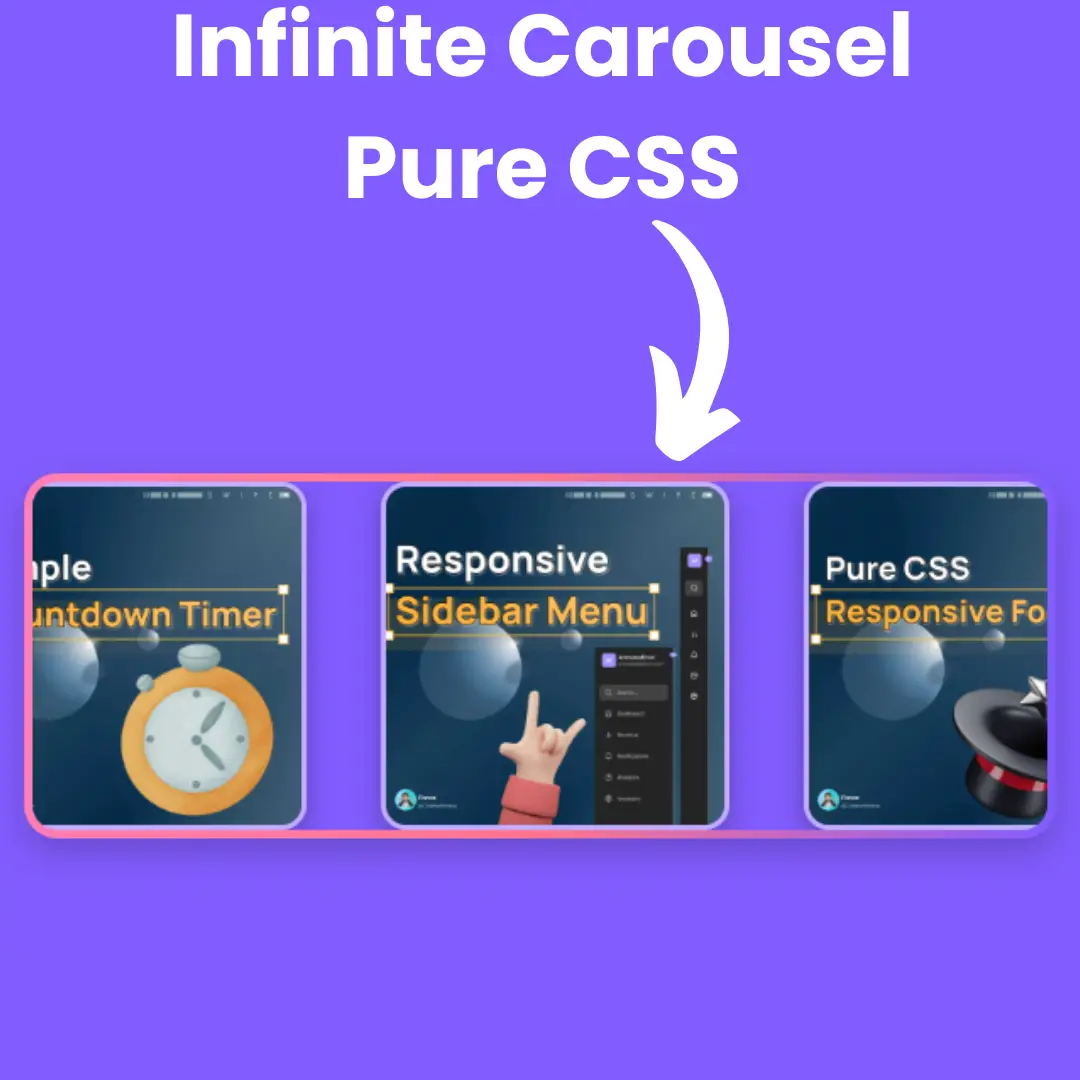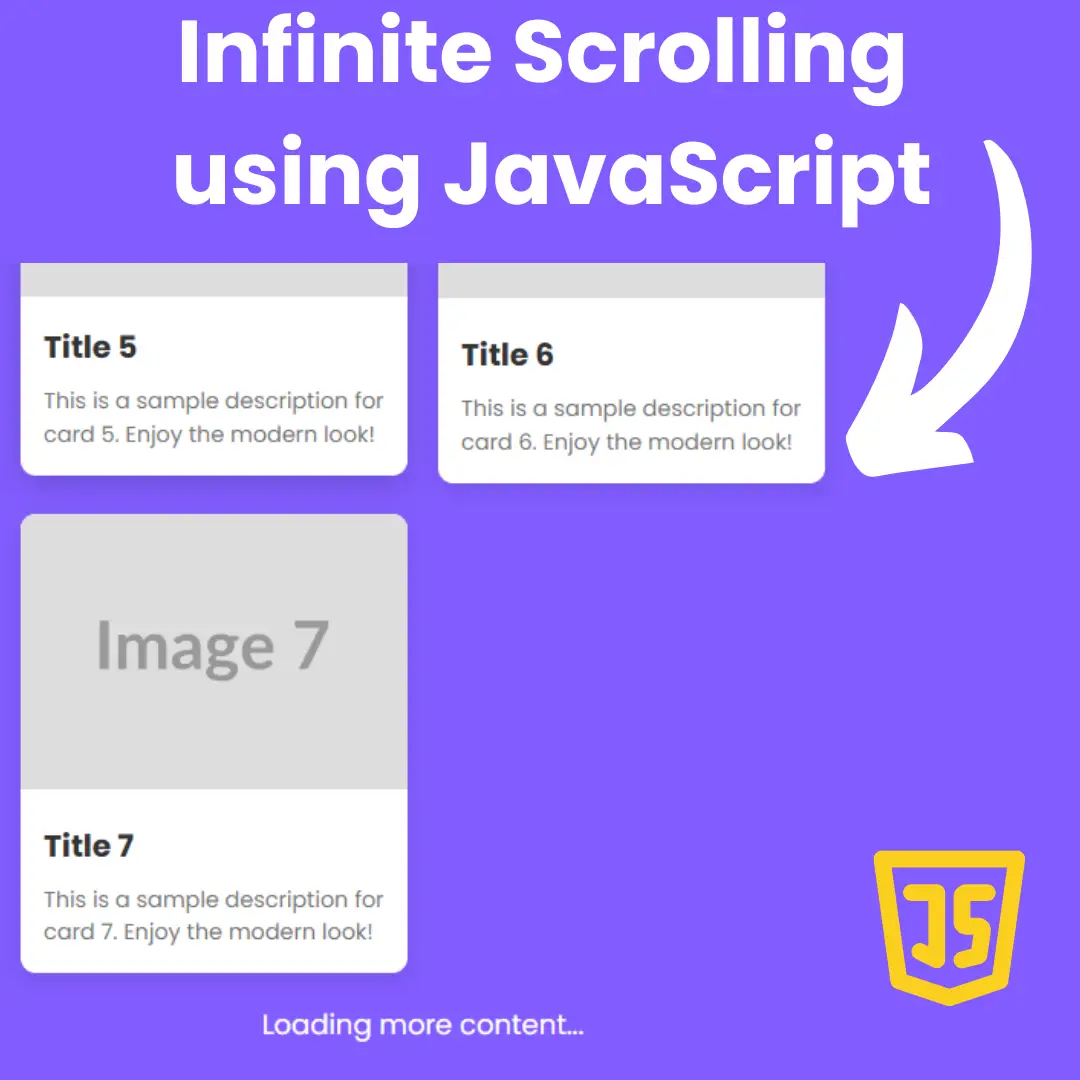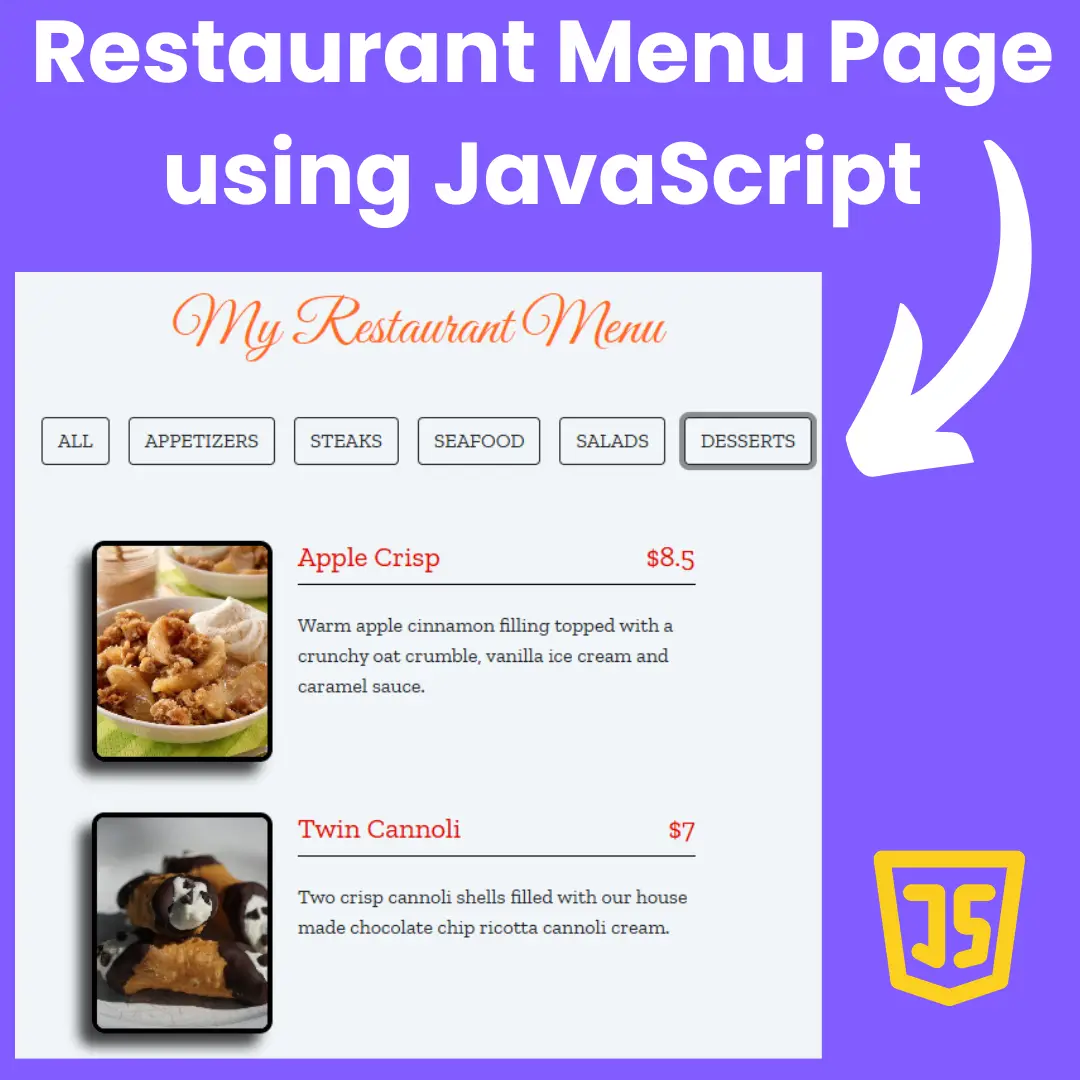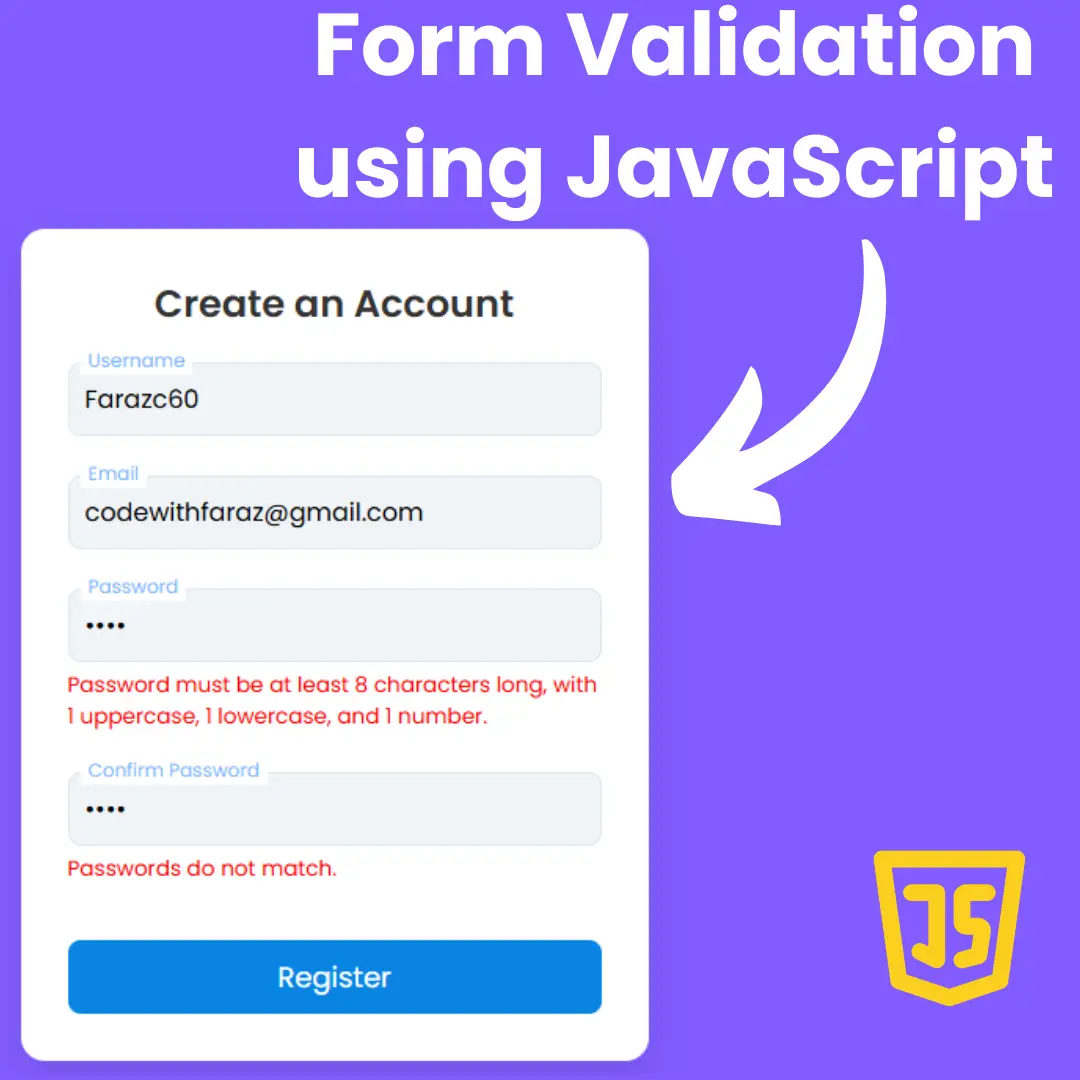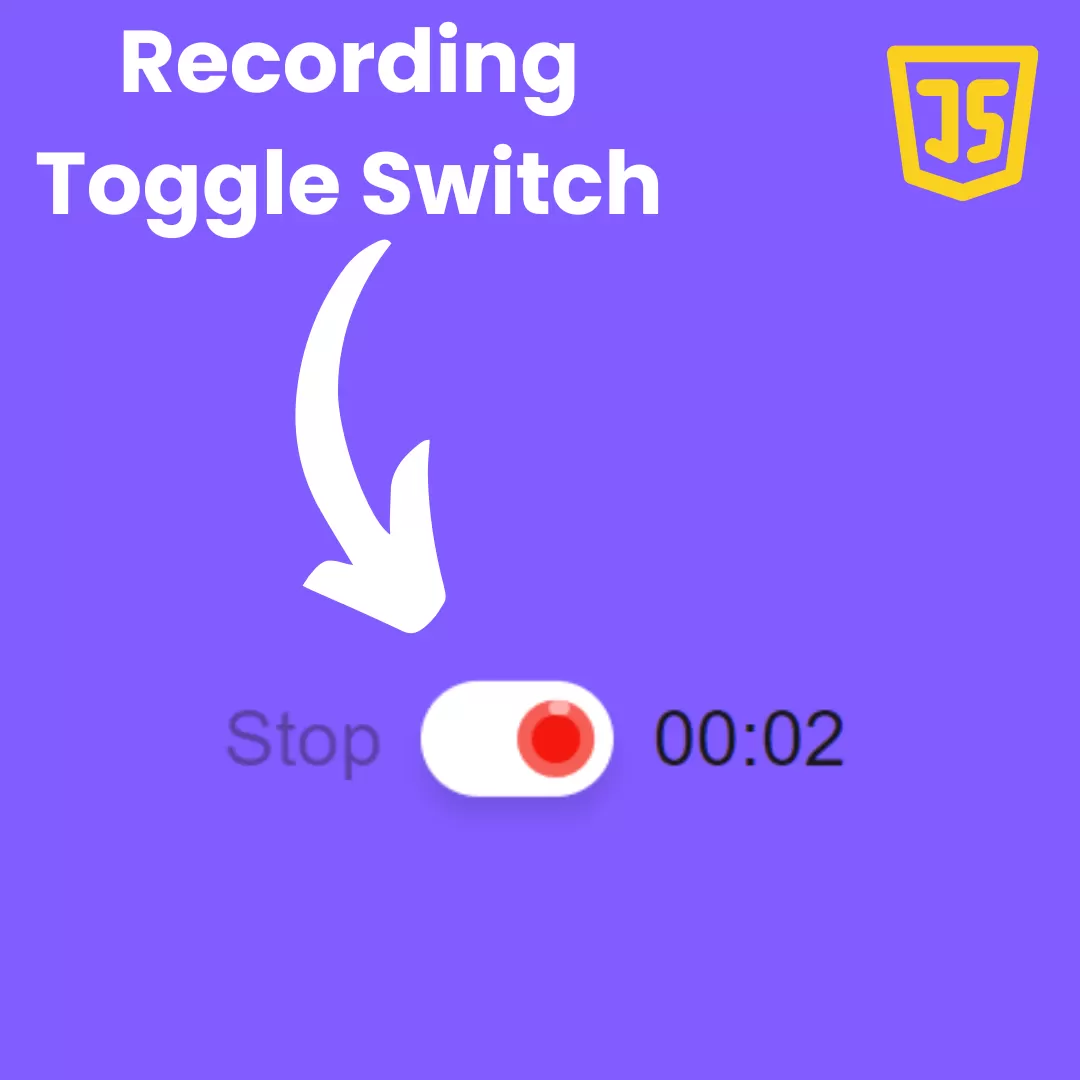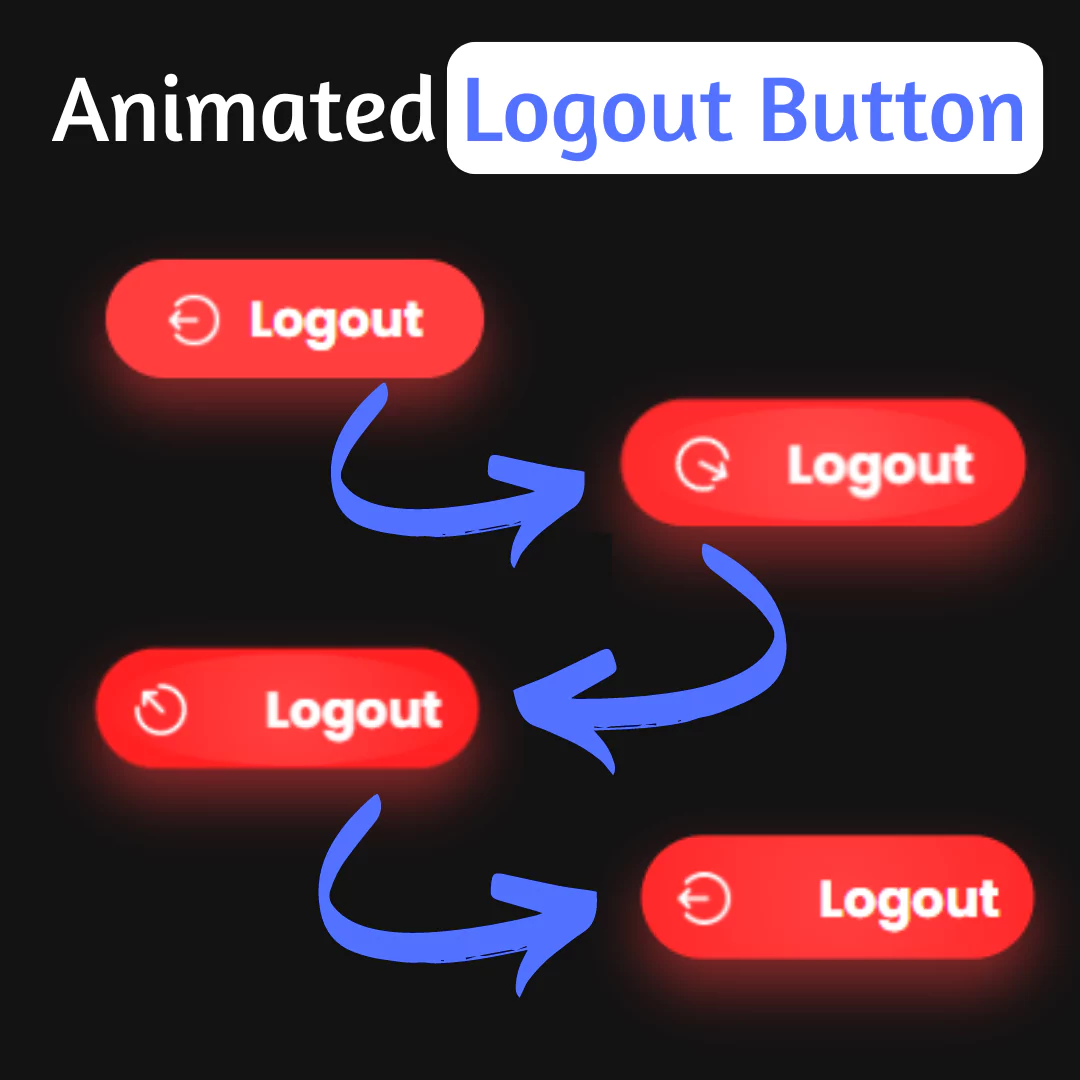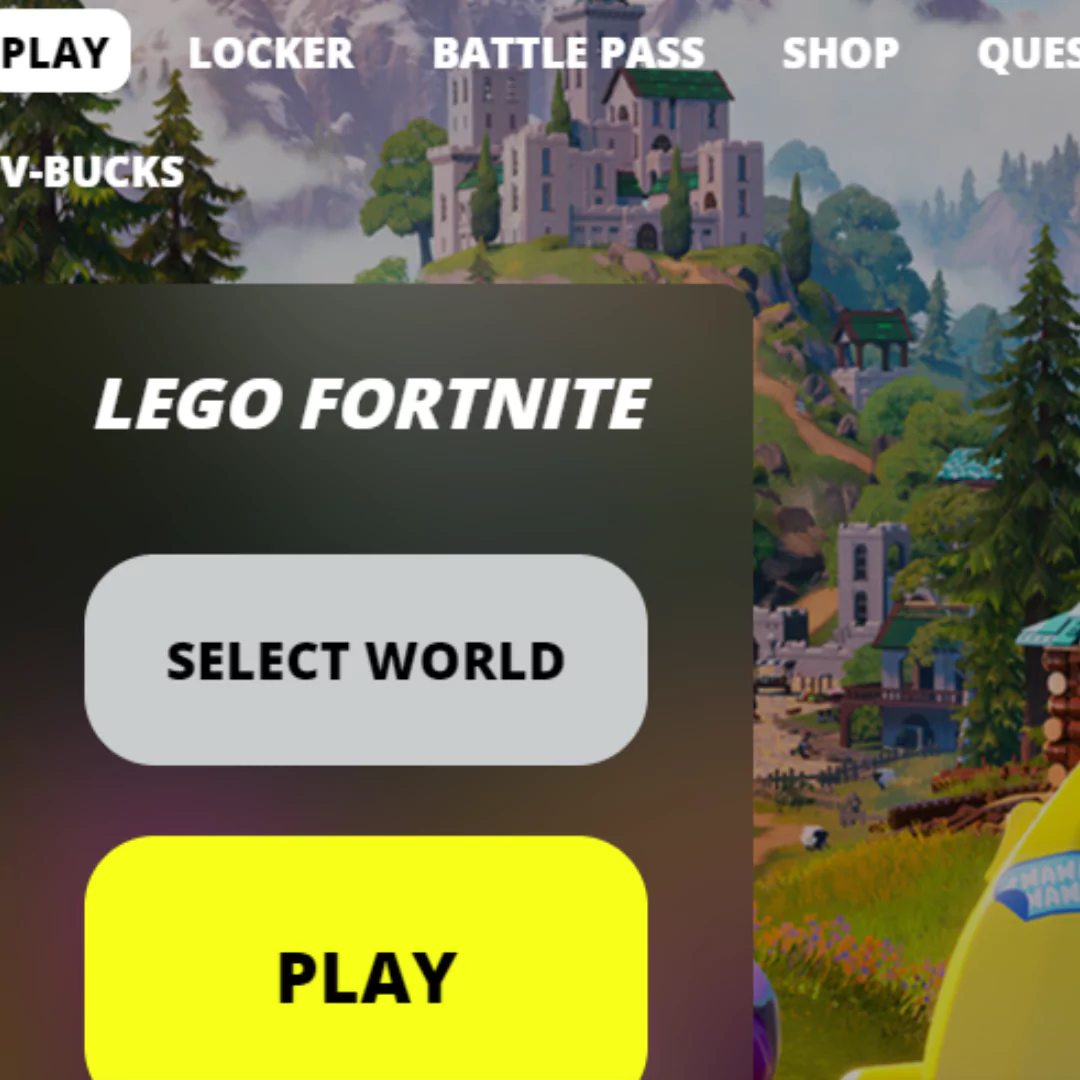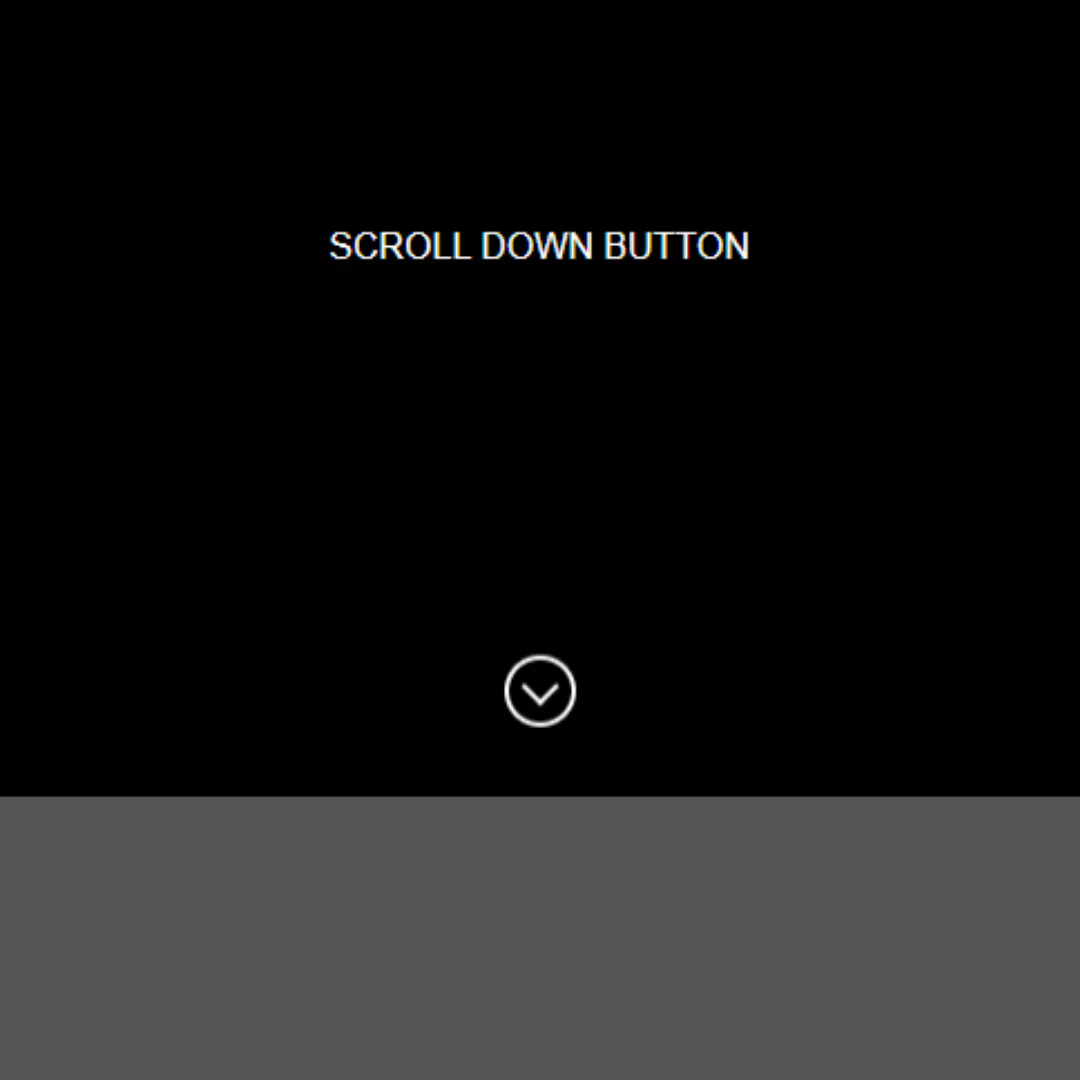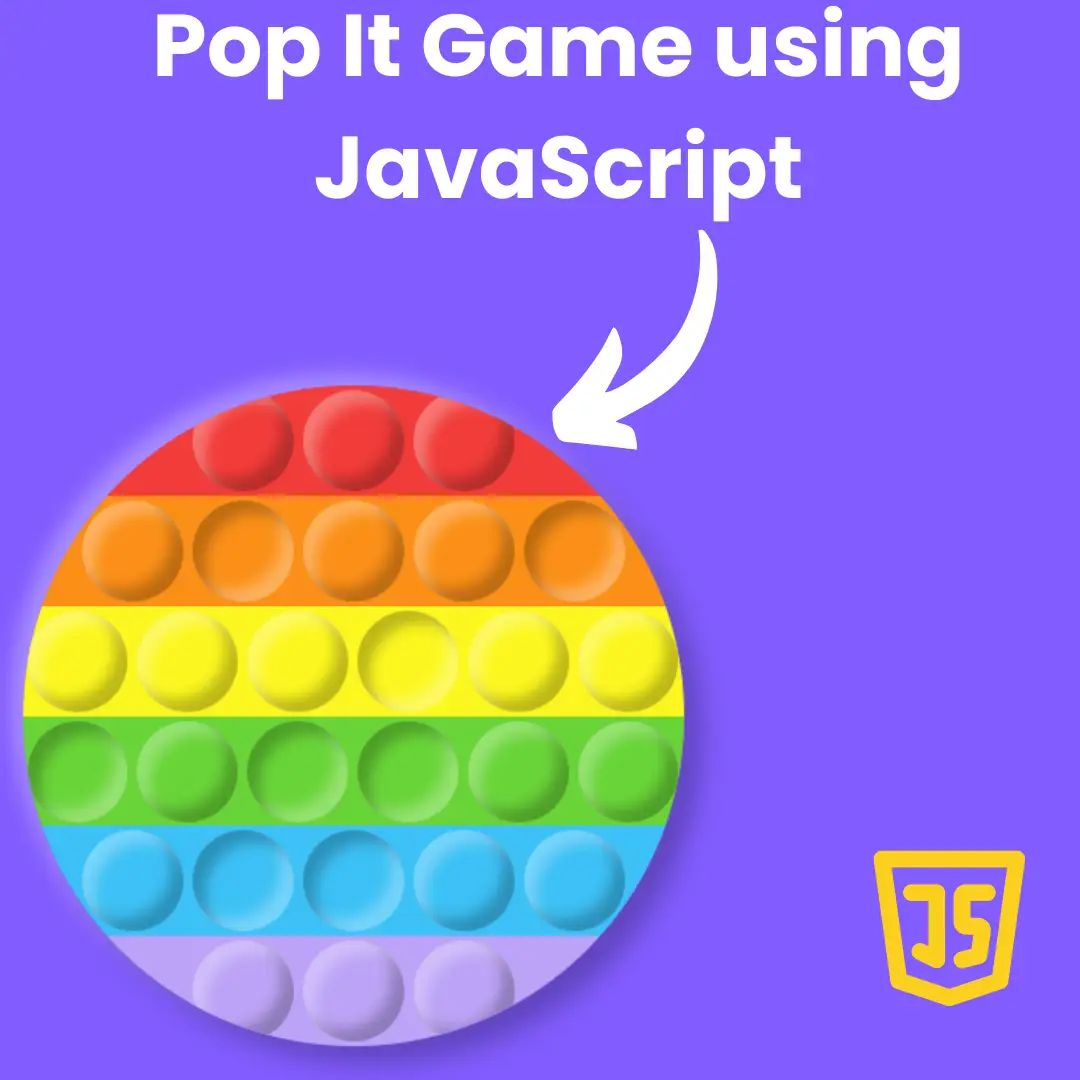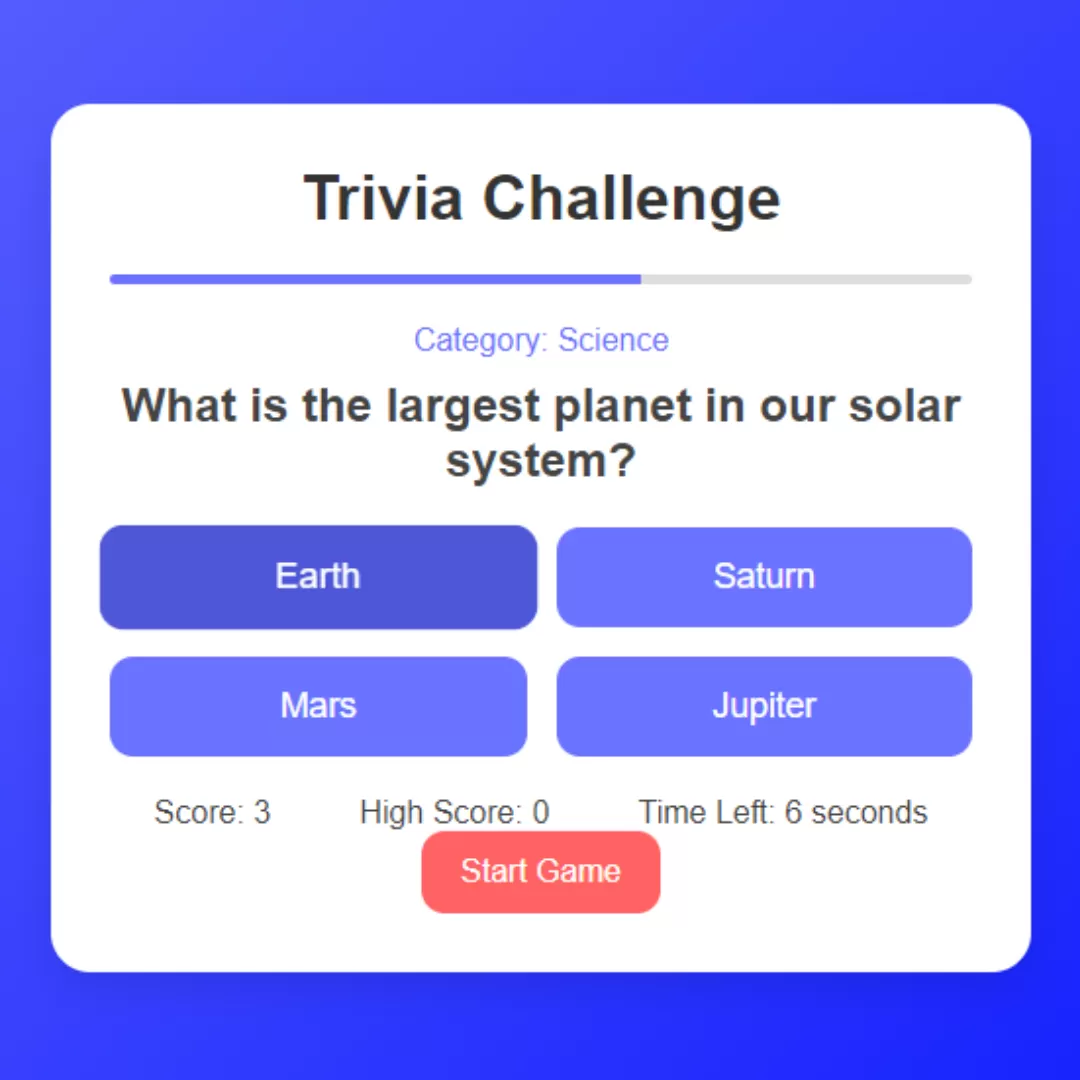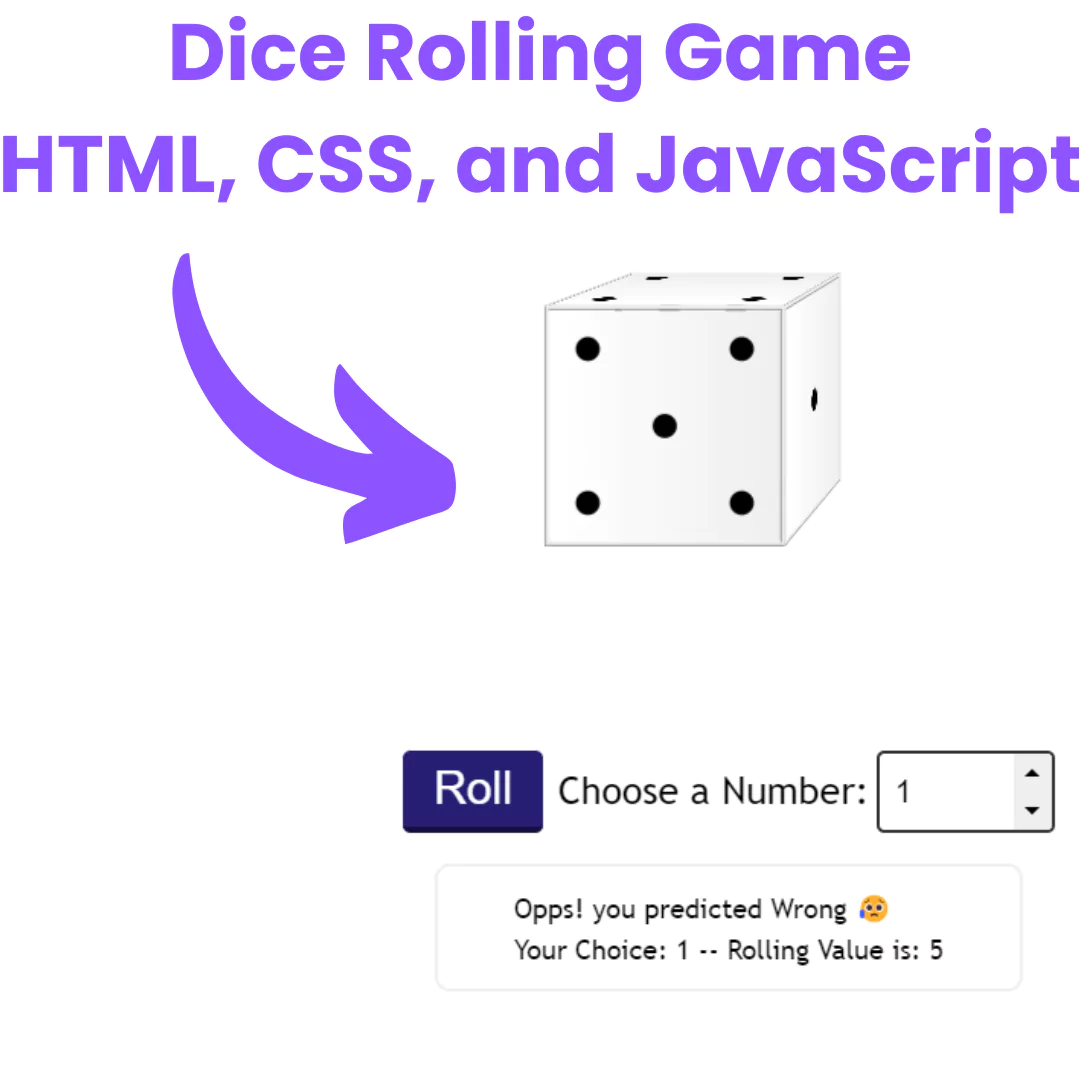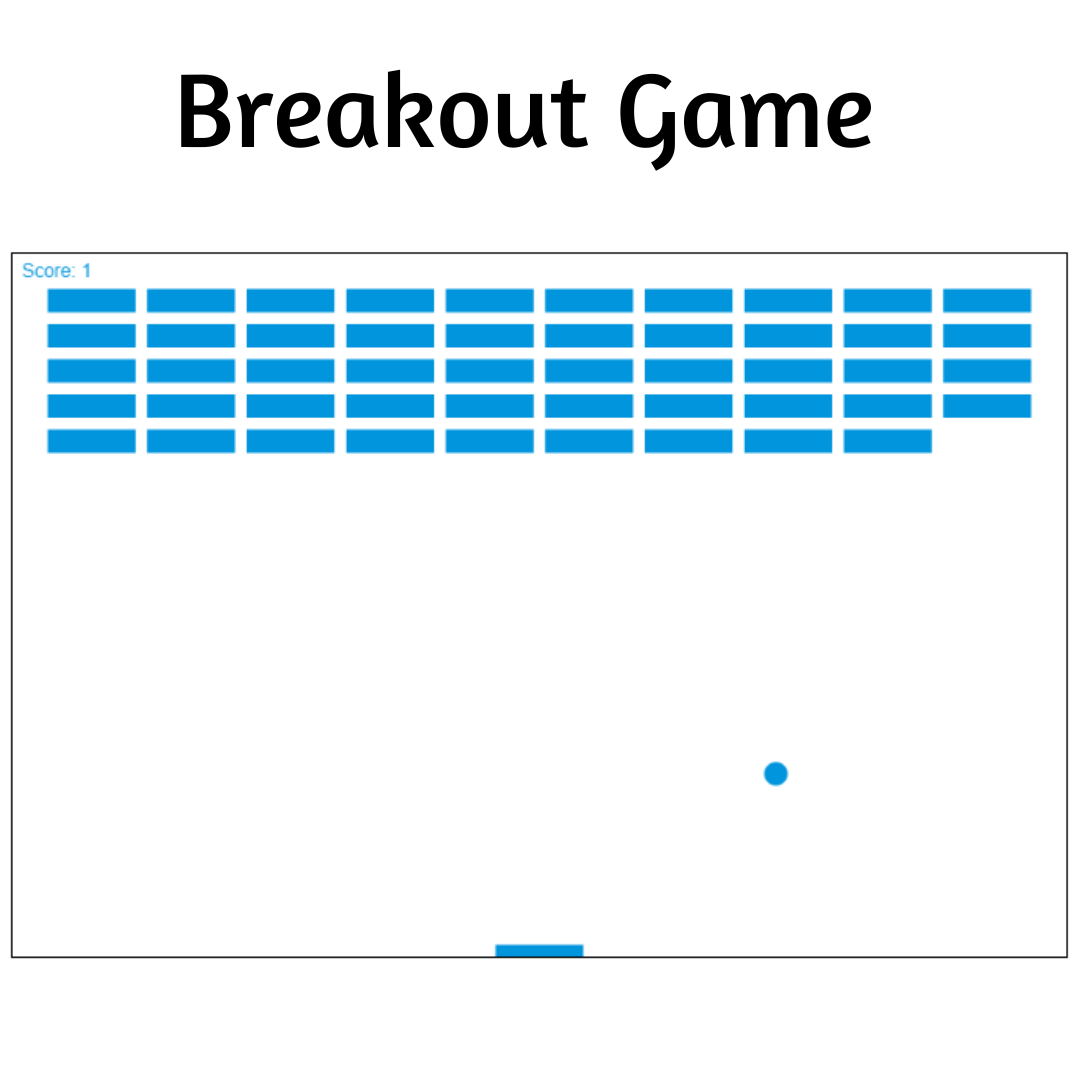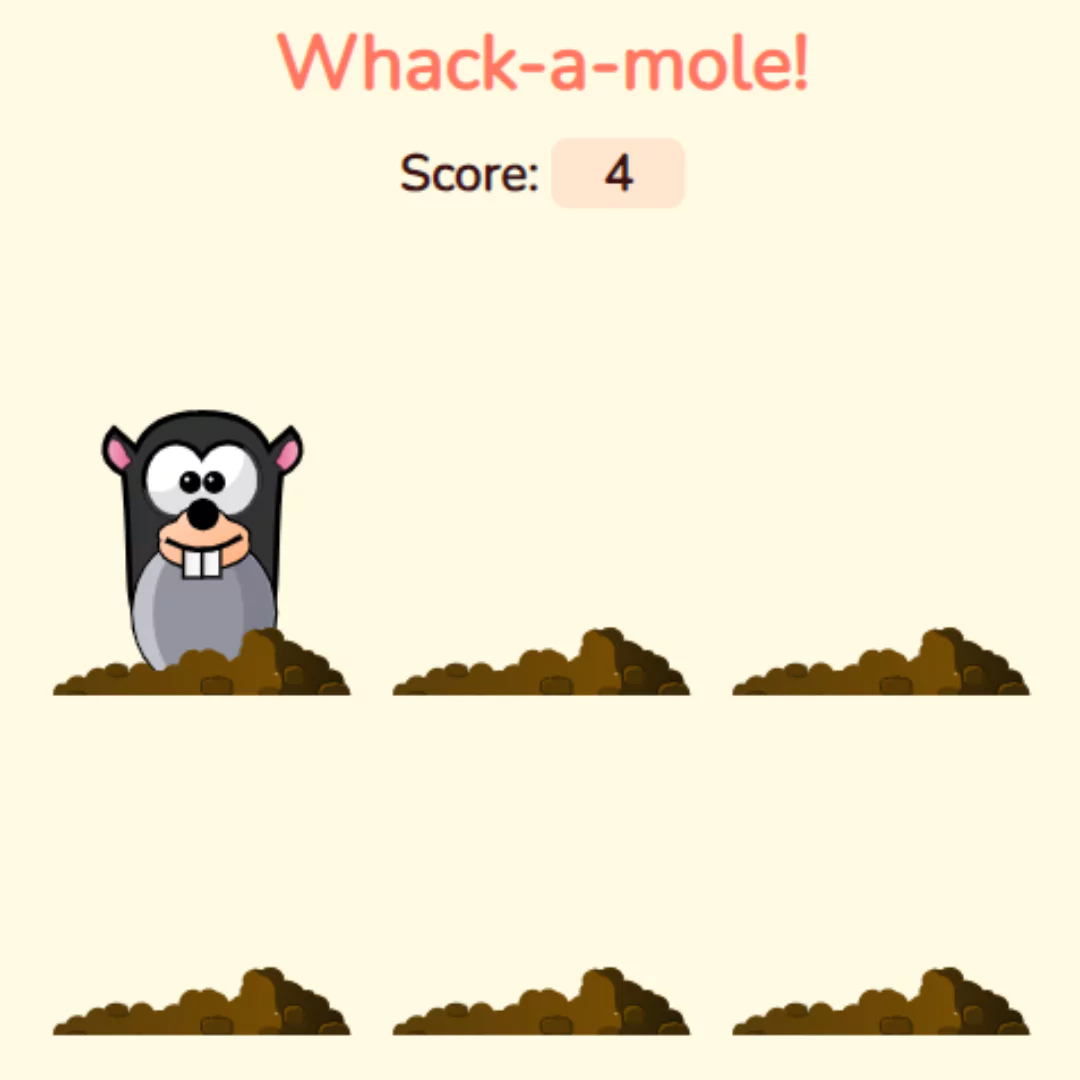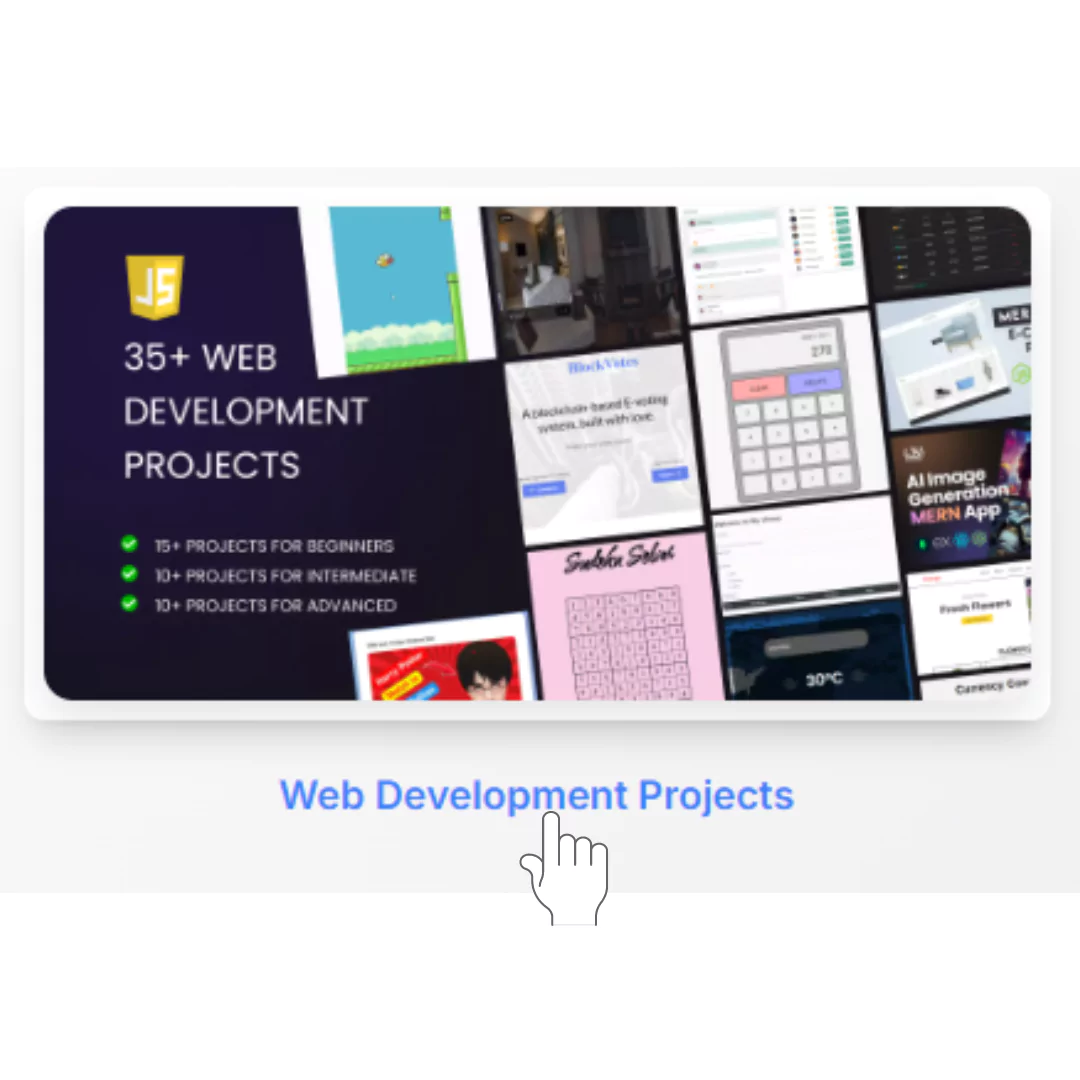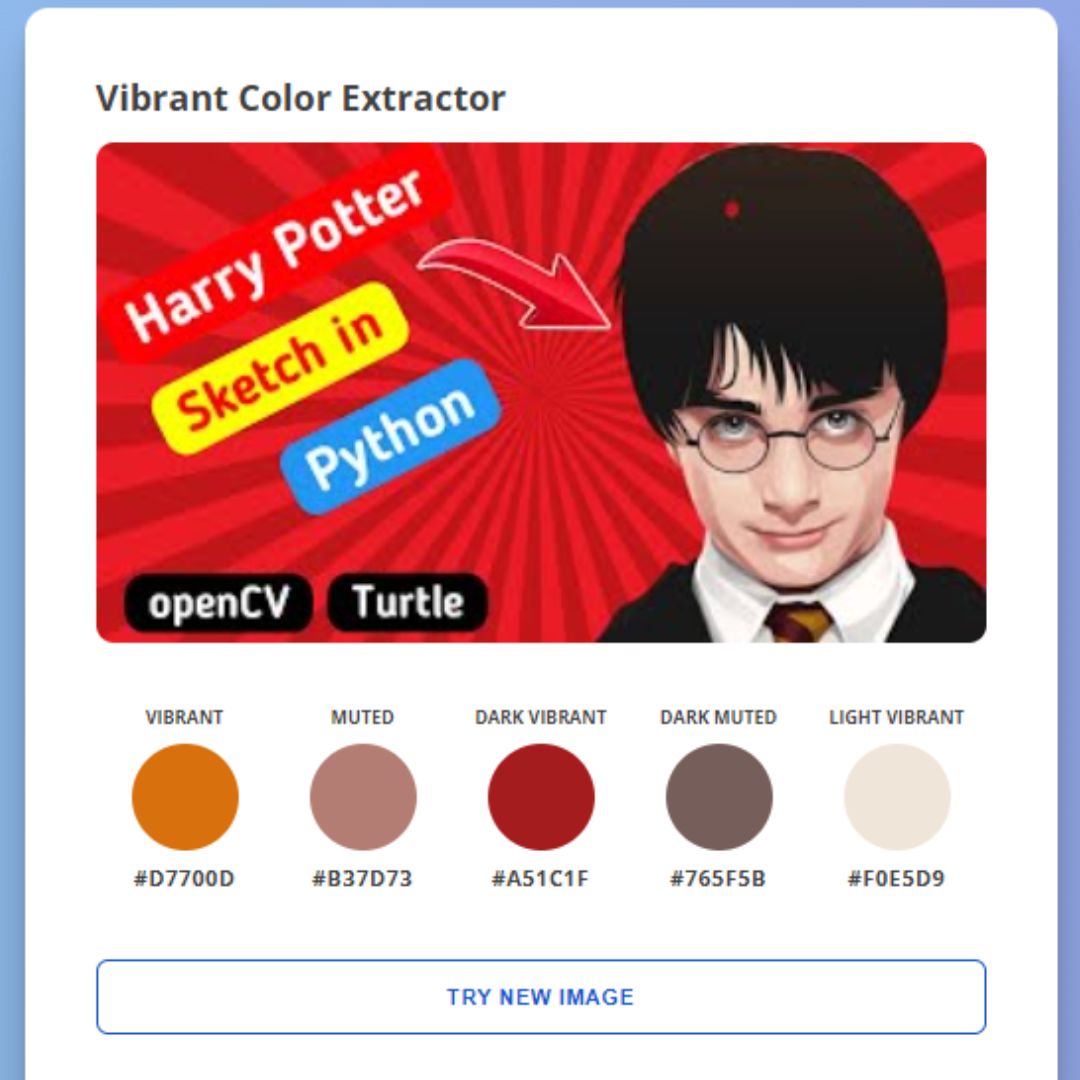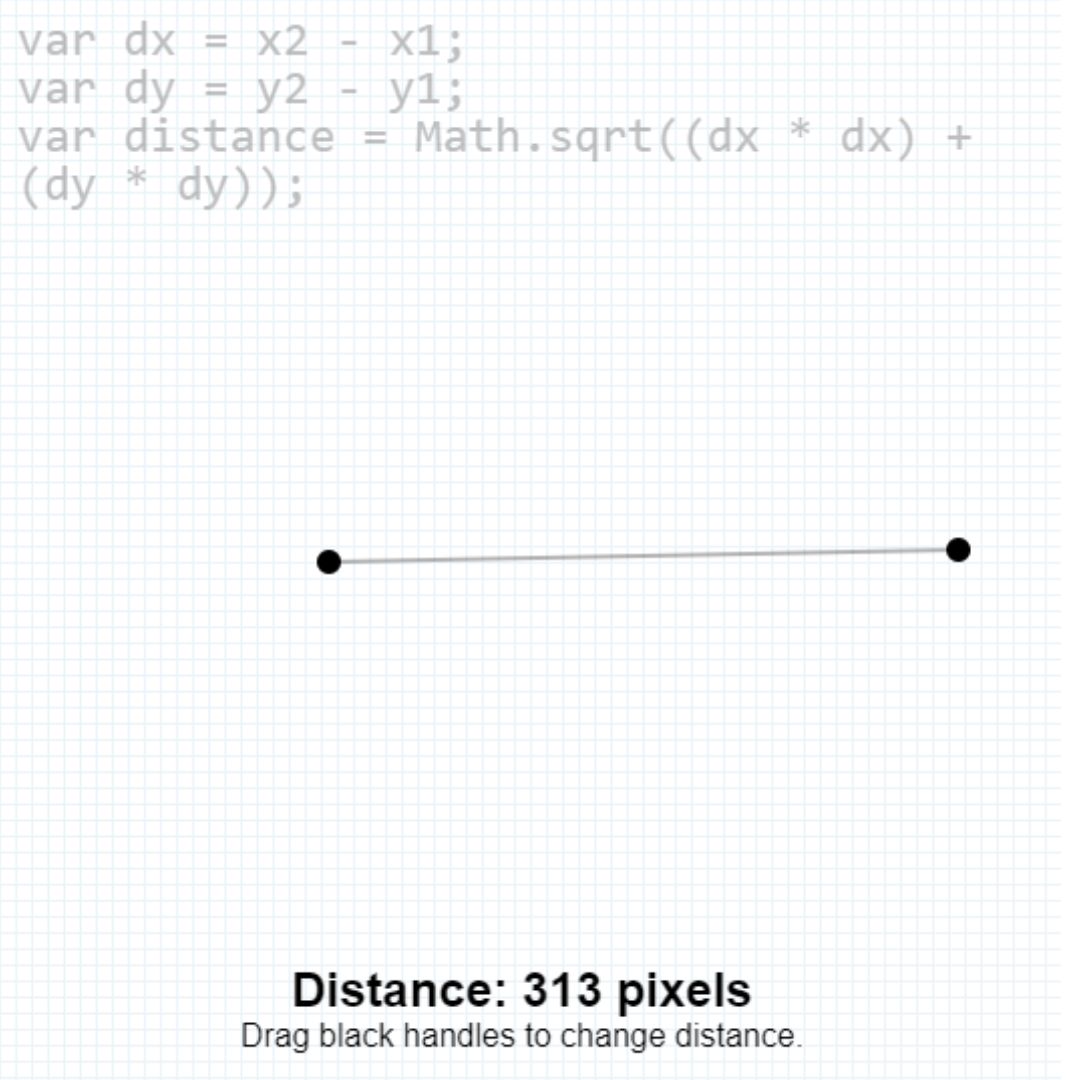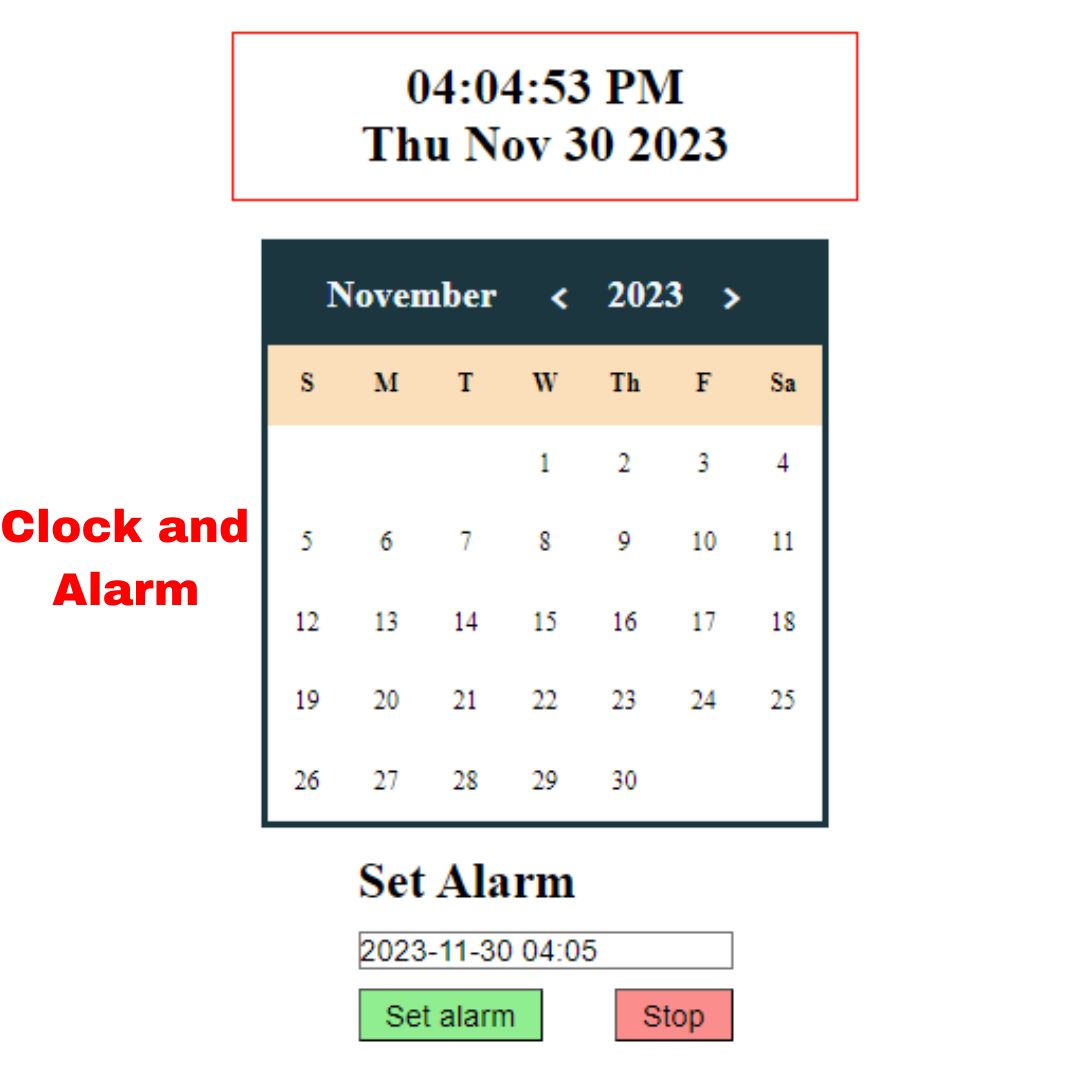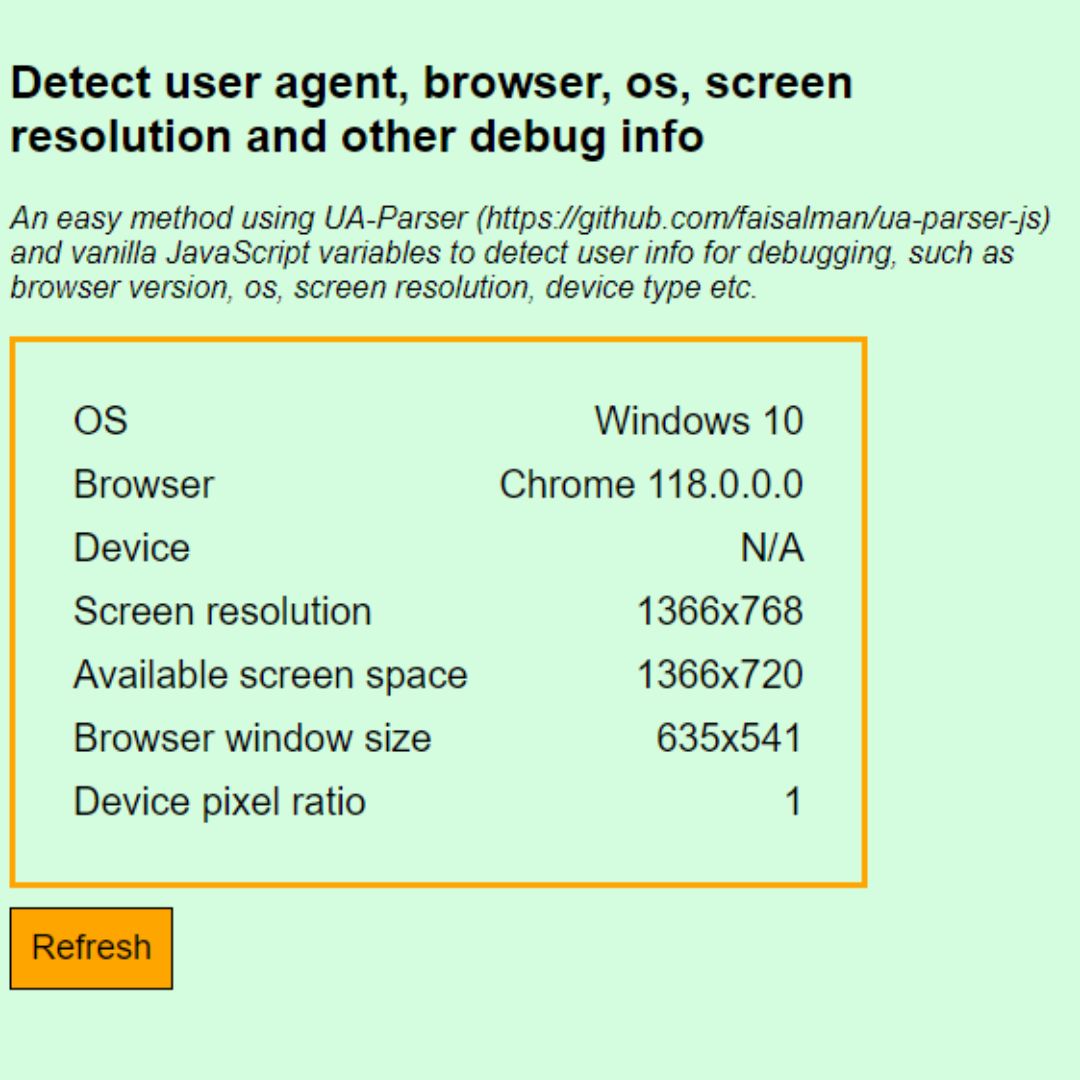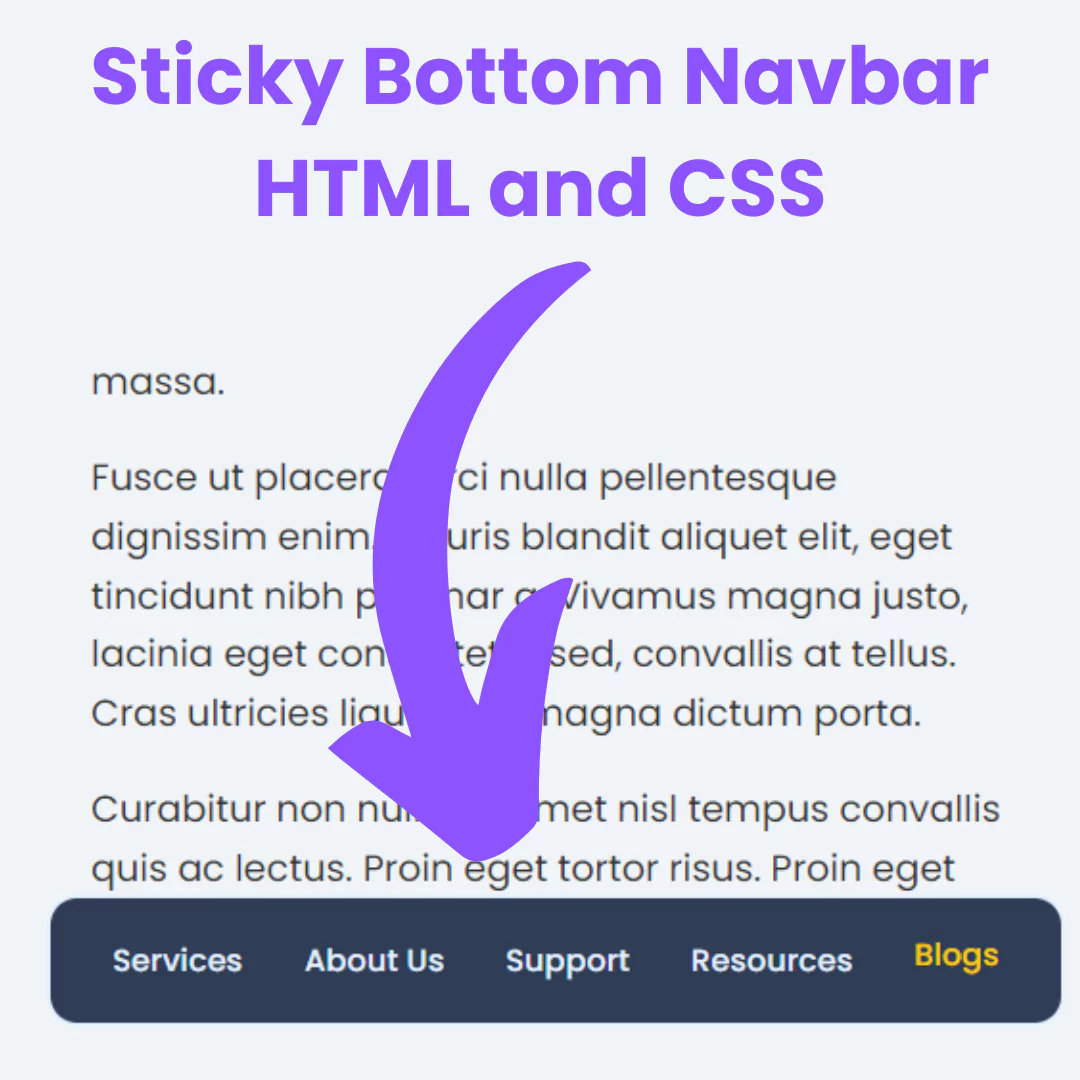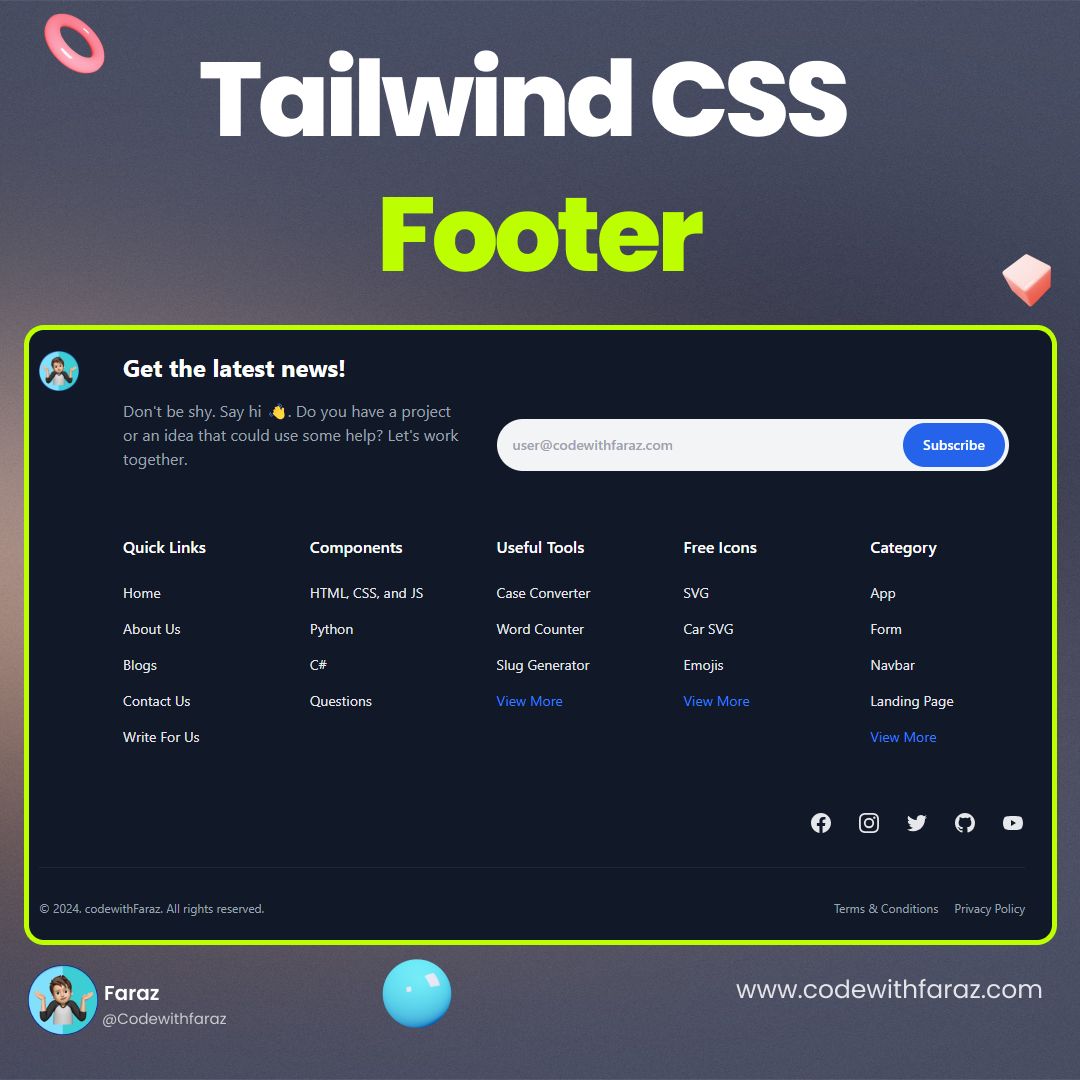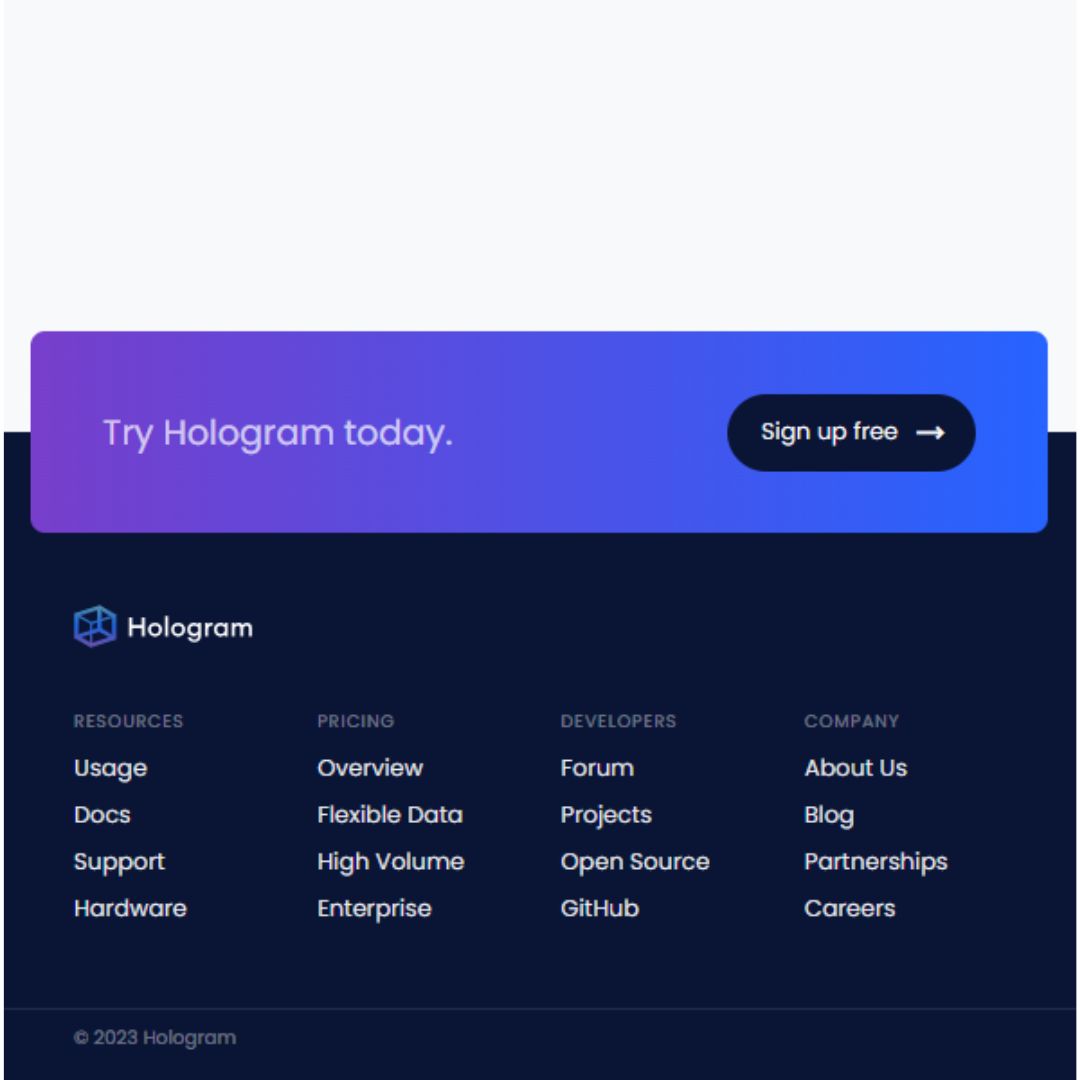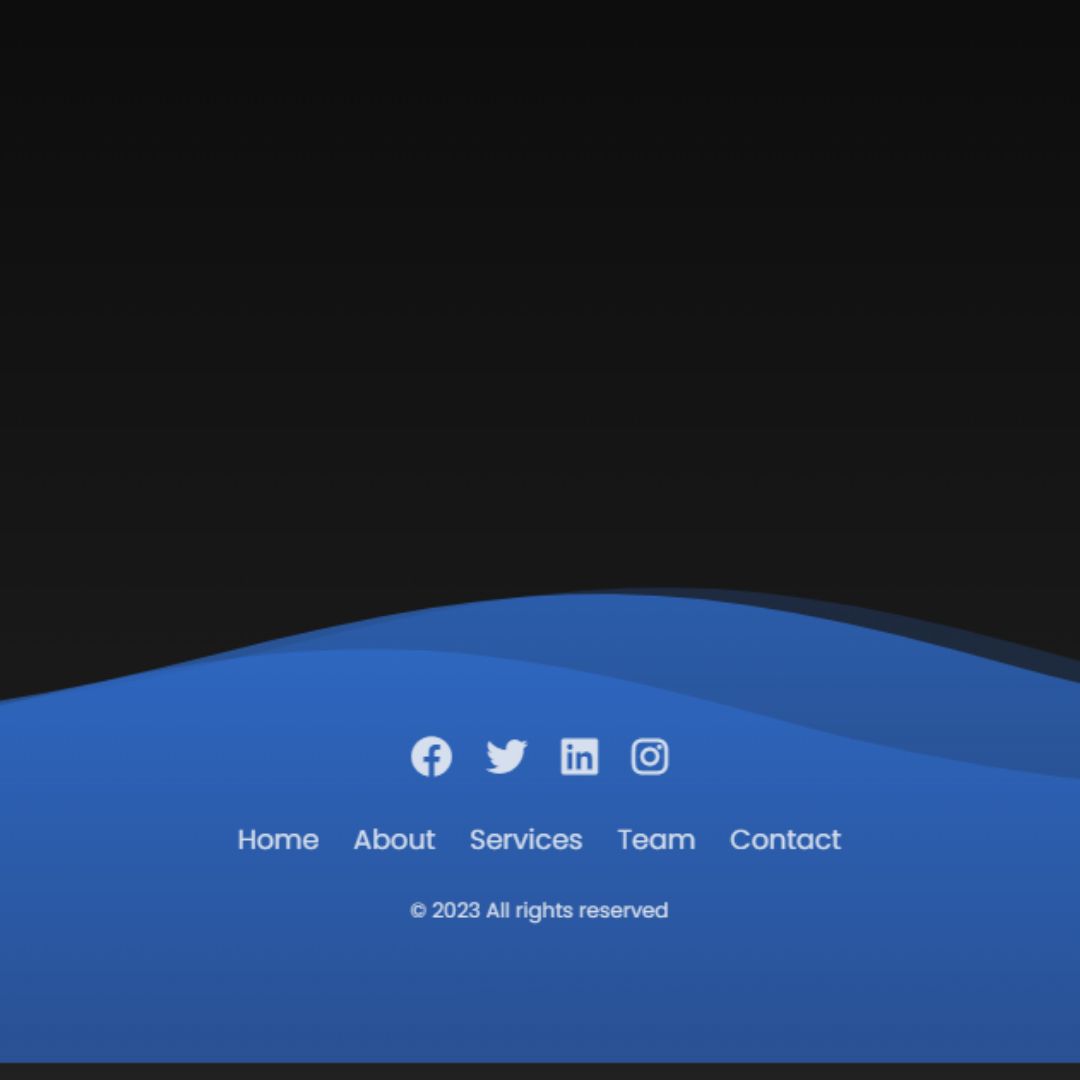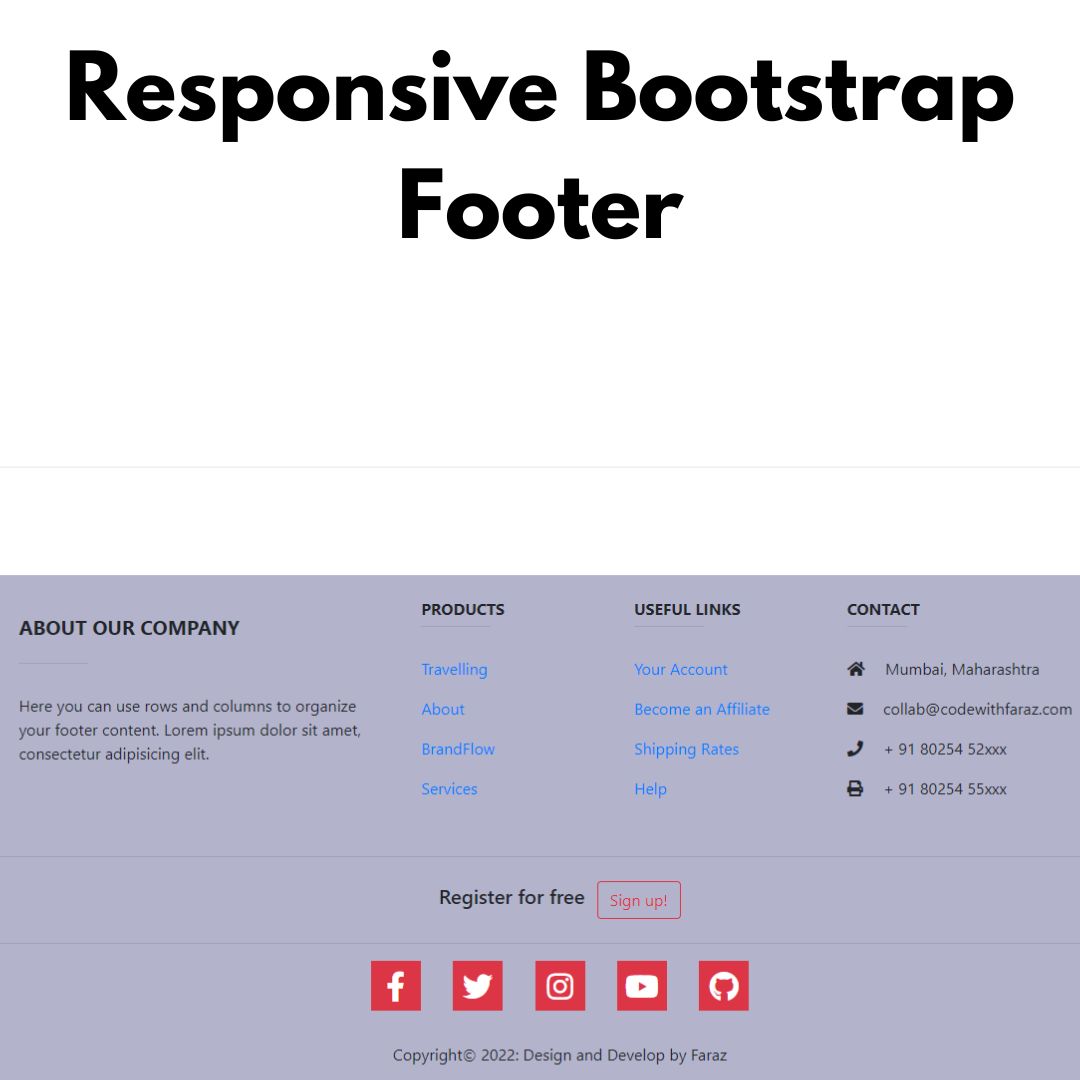In the software industry, there is often a debate about which programming languages are the best for specific tasks or projects. In the case of web development, two of the most popular languages are Python and PHP. In this comparison, we will explore the strengths and weaknesses of Python and PHP in 2024, and try to determine which language is best for web development.

Python is a general-purpose language that is widely used in a variety of fields, including web development, data analysis, machine learning, and scientific computing. It is known for its simplicity, readability, and flexibility, which make it a good choice for beginners and experienced programmers alike. Python has a large and comprehensive standard library, a clear and concise syntax, and a large and active developer community, which make it a powerful and flexible choice for web development.
PHP is a server-side scripting language that is specifically designed for web development. It is widely used for creating dynamic web pages and applications, and has a large and active developer community. PHP is easy to learn and use, and is particularly well-suited for creating dynamic web pages and applications. It is also compatible with most web servers and can be used with a variety of databases, making it a flexible and powerful platform for web development.
In this comparison, we will explore the strengths and weaknesses of Python and PHP in 2024 in more detail, and try to determine which language is the best choice for web development based on factors such as simplicity, performance, scalability, and versatility.
What is Python?
Python is a high-level, general-purpose programming language. It was created in the late 1980s by Guido van Rossum and has since become a popular language for web development, data analysis, and scientific computing, among other applications. Python is known for its simplicity, readability, and flexibility, which make it a good choice for beginners and experienced programmers alike. Some of the features that make Python popular include:
- A large and comprehensive standard library that supports many common programming tasks, such as connecting to web servers, reading and writing files, and working with data.
- A clear and concise syntax, which makes the code easy to read and understand.
- Support for object-oriented, imperative, and functional programming styles.
- Dynamically-typed, meaning that you don't need to specify the type of a variable when you declare it.
- A large and active developer community, which has contributed a wide range of third-party libraries and tools.
Python is often used as a scripting language, but it can also be used to build standalone applications. It is available for all major operating systems, including Windows, MacOS, and Linux.
What is PHP?
PHP (Hypertext Preprocessor) is a server-side scripting language that is widely used for web development. It is particularly well-suited for creating dynamic web pages that can interact with databases and other back-end systems.
PHP code is usually embedded in HTML pages and is executed on the server when the page is requested by a client, such as a web browser. The PHP interpreter reads the code, processes it, and returns the output, which is typically a fully-formed HTML page, to the client. This makes it possible to create interactive web applications that can be used to manage data, build e-commerce sites, or create custom content management systems, among other things.
One of the main advantages of PHP is that it is free and open-source, which means that it is widely available and can be modified and distributed by anyone. It also has a large and active developer community, which has contributed a wide range of libraries and tools that can be used to extend its functionality. PHP is compatible with most web servers and can be used with a variety of databases, making it a flexible and powerful platform for web development.
Comparison of the strengths and weaknesses of Python and PHP in 2024
Here is a comparison of the strengths and weaknesses of Python and PHP in 2024:
Strengths of Python:
- Python is a general-purpose language that is easy to learn and read, thanks to its clear and concise syntax.
- It has a large and comprehensive standard library, which supports many common programming tasks and makes it easy to write efficient code.
- Python is widely used in a variety of fields, including web development, data analysis, machine learning, and scientific computing, which makes it a versatile and flexible choice.
- It has a large and active developer community, which has contributed a wide range of libraries and tools that can be used to extend its functionality.
Weaknesses of Python:
- Python is a dynamically-typed language, which means that it can be slower than statically-typed languages like C or C++.
- It may not be the best choice for applications that require high performance or low-level access to system resources.
Strengths of PHP:
- PHP is a server-side scripting language that is particularly well-suited for creating dynamic web pages and applications.
- It is widely used for web development and has a large and active developer community.
- PHP is free and open-source, which means that it is widely available and can be modified and distributed by anyone.
Weaknesses of PHP:
- PHP is not as versatile as Python, as it is mainly used for web development and may not be suitable for other types of projects.
- It has a somewhat inconsistent syntax and a somewhat steep learning curve, which can make it more challenging for beginners to learn.
- PHP is not as popular as it once was, and there are newer languages that are gaining in popularity for web development, such as JavaScript and Go.
Comparing Python and PHP in 2024: Pros and Cons for Developers
Python and PHP are both popular programming languages that are widely used in the software industry. In this comparison, we will explore the pros and cons of Python and PHP in 2024, based on factors such as simplicity, performance, scalability, and versatility.
Pros of Python:
- Python is a general-purpose language that is easy to learn and read, thanks to its clear and concise syntax.
- It has a large and comprehensive standard library, which supports many common programming tasks and makes it easy to write efficient code.
- Python is widely used in a variety of fields, including web development, data analysis, machine learning, and scientific computing, which makes it a versatile and flexible choice.
- It has a large and active developer community, which has contributed a wide range of libraries and tools that can be used to extend its functionality.
Cons of Python:
- Python is a dynamically typed language, which means that it can be slower than statically typed languages like C or C++.
- It may not be the best choice for applications that require high-performance or low-level access to system resources.
Pros of PHP:
- PHP is a server-side scripting language that is particularly well-suited for creating dynamic web pages and applications.
- It is widely used for web development and has a large and active developer community.
- PHP is free and open-source, which means that it is widely available and can be modified and distributed by anyone.
Cons of PHP:
- PHP is not as versatile as Python, as it is mainly used for web development and may not be suitable for other types of projects.
- It has a somewhat inconsistent syntax and a somewhat steep learning curve, which can make it more challenging for beginners to learn.
- PHP is not as popular as it once was, and there are newer languages that are gaining in popularity for web development, such as JavaScript and Go.
In conclusion, both Python and PHP have their pros and cons, and the best choice for a particular project will depend on the specific needs and goals of the developer. Python is a general-purpose language that is easy to learn and widely used in a variety of fields, while PHP is a specialized language that is mainly used for web development. Developers should carefully consider the requirements of their projects and the strengths and weaknesses of each language before making a decision.
Features of Comparing Python and PHP in 2024
There are many features that can be compared when evaluating Python and PHP in 2024. Some of the key features to consider include:
- Syntax: Python is known for its simple and readable syntax, which makes it easy to learn and understand. PHP has a somewhat inconsistent syntax and a somewhat steep learning curve, which can make it more challenging for beginners to learn.
- Standard library: Python has a large and comprehensive standard library, which supports many common programming tasks and makes it easy to write efficient code. PHP also has a large standard library, but it is not as comprehensive as Python's.
- Versatility: Python is a general-purpose language that is used for a wide range of applications, including web development, data analysis, machine learning, and scientific computing. PHP is mainly used for web development and may not be suitable for other types of projects.
- Performance: Python is a dynamically-typed language, which means that it can be slower than statically-typed languages like C or C++. PHP is generally faster than Python, but it may not be suitable for applications that require very high performance.
- Scalability: Both Python and PHP are scalable languages that can be used to build large and complex web applications. Python has a number of frameworks, such as Django and Flask, that are designed specifically for building scalable web applications. PHP also has a number of frameworks, such as Laravel and Symfony, that can be used to build scalable web applications.
- Developer community: Both Python and PHP have large and active developer communities, which have contributed a wide range of libraries and tools that can be used to extend the functionality of the languages.
- Future outlook: It is difficult to predict the future popularity of programming languages, but both Python and PHP are widely used and are likely to remain relevant in the coming years. Python is a general-purpose language that is widely used in a variety of fields, while PHP is a specialized language that is mainly used for web development.
Python vs PHP in 2024: Which Language Is Best for Web Development
In 2024, both Python and PHP will continue to be popular choices for web development, and the best choice for a particular project will depend on the specific requirements and goals of the developer.
Python is a general-purpose language that is widely used in a variety of fields, including web development. It has a large and comprehensive standard library, a clear and concise syntax, and a large and active developer community, which make it a powerful and flexible choice for web development. Some of the advantages of using Python for web development include:
- Easy to learn and read: Python's syntax is clear and concise, which makes it easy for beginners to learn and for experienced developers to read and understand.
- Versatility: Python is a general-purpose language that is used for a wide range of applications, including web development, data analysis, machine learning, and scientific computing. This means that developers who learn Python will have a wide range of career opportunities.
- Large ecosystem: Python has a large and active developer community, which has contributed a wide range of libraries and tools that can be used to extend its functionality. This makes it easy to find support and resources for Python projects.
PHP is a server-side scripting language that is specifically designed for web development. It is widely used for creating dynamic web pages and applications, and has a large and active developer community. Some of the advantages of using PHP for web development include:
- Ease of use: PHP is easy to learn and use, and is particularly well-suited for creating dynamic web pages and applications.
- Widely used: PHP is one of the most popular languages for web development, and there are many resources and tools available for PHP developers.
- Compatibility: PHP is compatible with most web servers and can be used with a variety of databases, making it a flexible and powerful platform for web development.
In conclusion, both Python and PHP are viable choices for web development in 2024, and the best choice will depend on the specific needs and goals of the developer. Python is a general-purpose language that is widely used in a variety of fields, while PHP is a specialized language that is mainly used for web development. Developers should carefully consider the requirements of their projects and the strengths and weaknesses of each language before making a decision.
Both Python and PHP are evolving and being improved upon over time, so it is likely that they will both continue to be popular choices for developers in the future. It is important for developers to stay up-to-date with the latest trends and developments in the field, and to choose the language or languages that best suit their needs and goals.
That’s a wrap!
Thank you for taking the time to read this article! I hope you found it informative and enjoyable. If you did, please consider sharing it with your friends and followers. Your support helps me continue creating content like this.
Stay updated with our latest content by signing up for our email newsletter! Be the first to know about new articles and exciting updates directly in your inbox. Don't miss out—subscribe today!
If you'd like to support my work directly, you can buy me a coffee . Your generosity is greatly appreciated and helps me keep bringing you high-quality articles.
Thanks!
Faraz 😊


